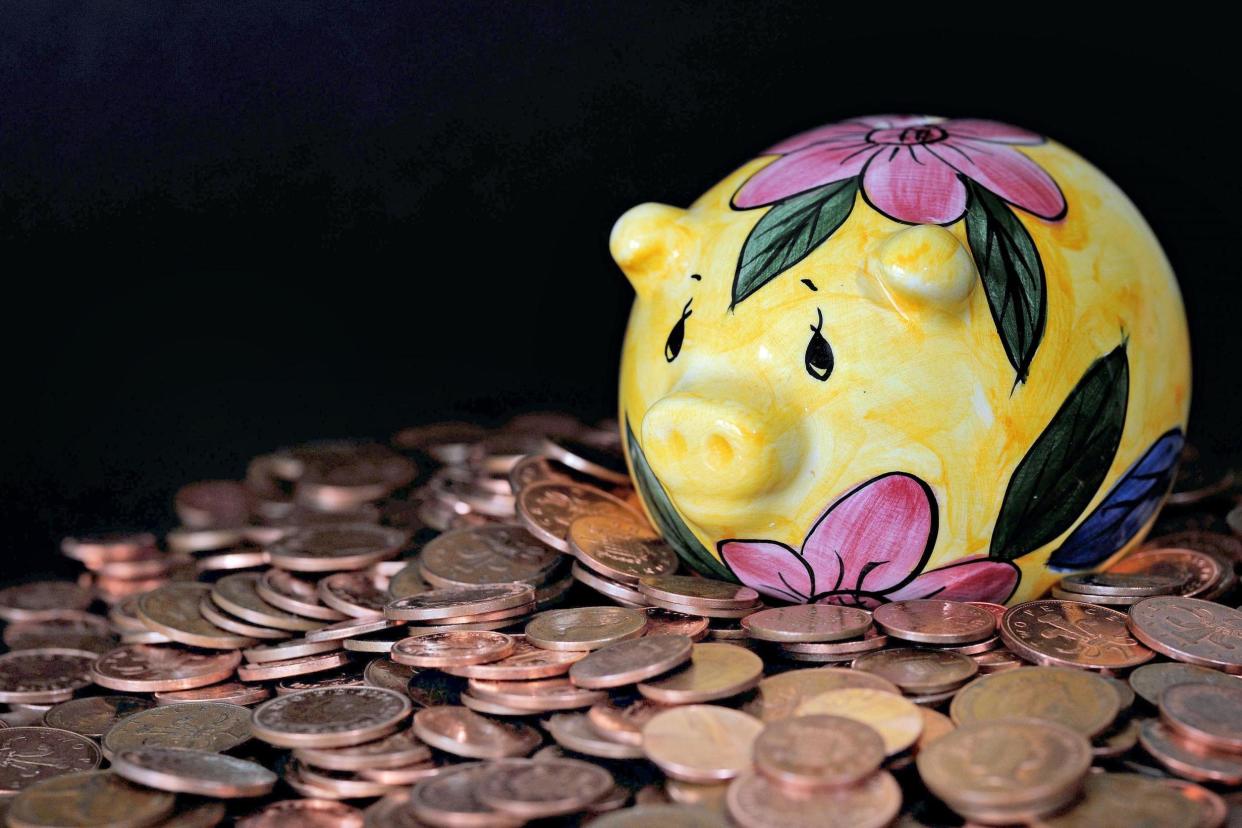Cash may no longer be king but don’t ditch your pennies

The Chancellor of the Exchequer was true to his word last week, delivering a dull and measureless Spring Statement. But amid its dry documentation was a Treasury paper on cash and digital payments which could yet have an impact on all of us.
The Treasury rightly points out that digital and contactless payments are reducing the role of cash in the economy. And we should recognise that the nature of money is always changing — as Jack Dorsey, the founder of Twitter and electronic payment system Square says in his interview with this paper today. Bank notes reduced the role of coins, just as debit cards have made cheques all but redundant.
But we should be cautious about abolishing cash altogether since it would represent a step change in the role and reach of the state. When we make digital payments now we voluntarily give the major technology companies, and by extension the state, the ability to track every payment we make. If cash is abolished this will no longer be a matter of choice. It would be compulsory.
There is still a small but significant section of society who do not have easy access to banking or digital services. For such people, notes and coins are essential, enabling them to budget securely.
The Treasury paper also raised questions about the future of the 1p and 2p coins, though in one of her quicker U-turns the Prime Minister ruled out their abolition the following day.
Here again, we should have a proper debate about the role of coinage. We should accept that it will evolve. We no longer have a farthing or guinea, and decimalisation led to the effective revaluation of the penny.
But there has also been remarkable continuity. The penny and pound sterling have existed since Alfred the Great set up the mint more than 1,000 years ago. A well-designed and stable coinage goes hand in hand with a stable and healthy economy.
The pound may have been devalued of late but it is still worth more than any other currency outside the Gulf states. That has allowed us to retain our lowest denomination coin, underlining our currency’s coherence when other countries have found it necessary to phase theirs out.
There are also prosaic reasons for keeping the penny. It would invite retailers to round up prices, increasing the cost of living. And it would cost the taxpayer money, as Greg Hands, the former Chief Secretary to the Treasury, pointed out last week.
Some of us like looking after the pennies but for those of us who don’t there is always the option of channelling our inner philanthropist. As Peter Wanless, the chief executive of the National Society for the Prevention of Cruelty to Children, said last week: “We love pennies — please send them our way and we will put them to good use”.
Lord Macpherson is a former Permanent Secretary to the Treasury

 Yahoo News
Yahoo News 
